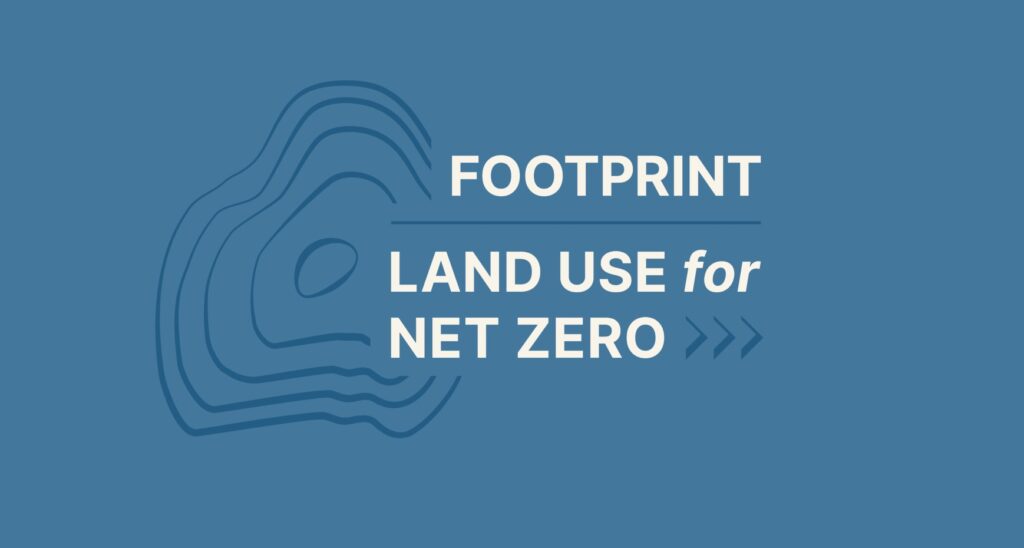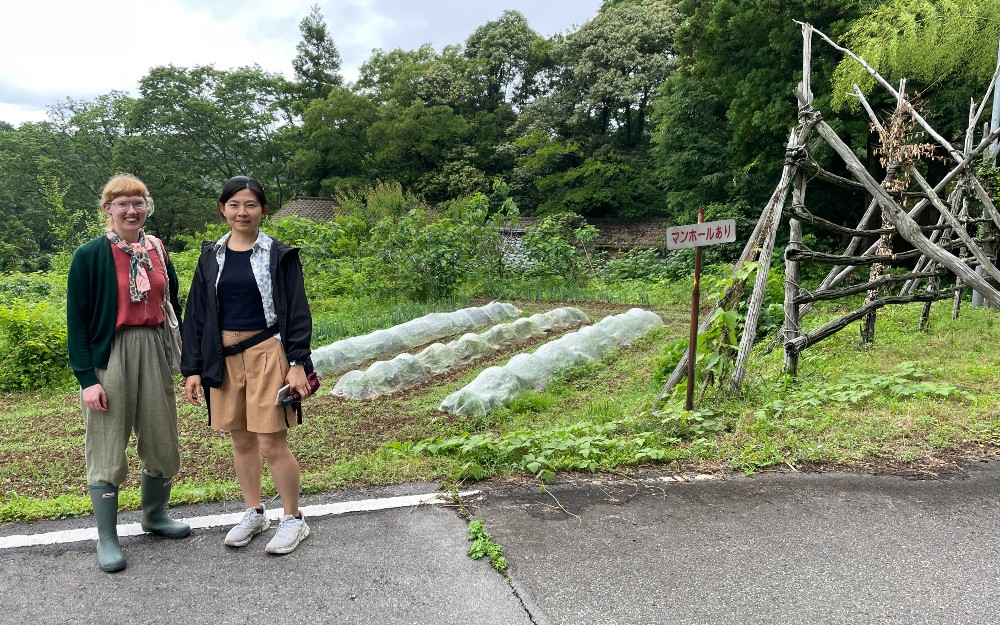The CCRI, in partnership with the Foundation for Common Land, was commissioned by the European Forum on Nature Conservation and Pastoralism (EFNCP) to assess the impact of the Single Payment Scheme (SPS) in England on the active graziers of common land. The SPS is an area-based direct payment for income support under the Common Agricultural Policy (CAP). Over the past few years there has been anecdotal evidence that this system is having unintended negative impacts on the grazing of common land in England. The project used existing data and a series of workshops to assess the basis for these claims, in order to highlight areas for further investigation so that future area-based schemes can take this into account. Under the European Commission’s current proposals for reform of the CAP in 2013, area-based payments are favoured as the main element of future support.
Chris Short led the research, with input from Peter Gaskell and colleagues from the Foundation for Common Land. The research began in October 2010 and reported to EFNCP in March 2011.
In December 2010, the Countryside and Community Research Institute (CCRI) was commissioned by Defra and Natural England to undertake a study to evaluate upland farmers’ attitudes to the Uplands Entry Level Stewardship scheme which was introduced in July 2010. The study involved a telephone survey of a 1,000 upland farmers throughout England, including both Upland ELS participants and those without an agreement. The telephone survey was followed by 40 in-depth face-to-face interviews to explore in more detail the issues raised in the telephone survey. The objectives of the study were:
To assess the awareness of and attitudes towards Uplands ELS among farmers and land managers in the Severely Disadvantaged Areas.
To identify the factors affecting uptake of Uplands ELS in general and of particular options within the scheme.
To evaluate the effectiveness of targeted Uplands ELS advice and support.
To evaluate the above on the basis of: previous participation in an agri-environment scheme; region; farm type; tenancy/ownership and farm size. The findings of the study will contribute to the evidence base required to monitor and evaluate the implementation of Upland ELS. Jane Mills is the project leader and she is assisted by Dr Peter Gaskell, Christopher Short, Dr Carol Kambites, Nick Lewis, Dr Michael Clark, (all CCRI), together with Nigel Boatman (Food & Environment Research Agency, FERA) and Will Manley (RAC). The research took place over four months.
Environmental Stewardship (ES) is the main policy mechanism used in England to deliver environmental benefits on agricultural land. These schemes have traditionally been delivered at the scale of the individual holding through agreements with the individual land manager. However, there is increasing recognition of the greater potential that may come from managing land at larger scales than currently delivered through individual farm-level agreements. Whilst the principle of land-scale scale schemes is established, there remains uncertainty as to the most cost effective ways to design and deliver such schemes.
Jane Mills, together with Chris Short and Paul Courtney undertook a project for Defra and Natural England to explore different mechanisms for delivering co-ordinated agri-environmental schemes, looking at the pros and cons of each and examining in more detail the cost-effectiveness of the approaches used in 9 landscape-scale project or schemes and their applicability to ES. The project aim was achieved through three main objectives:
- Conduct a scoping report reviewing different landscape co-ordination styles and assessing the pros and cons of each one. This will be achieved through an extensive literature of a range of different co-ordination styles delivering landscape scale benefits and will include case studies of the styles used in the UK and globally
- Detailed examination through case studies of the economic costs and benefits of nine different approaches to co-ordination, including identification of the income foregone, additional costs and transaction costs and the personnel involved.
- Identification of the co-ordination style which best delivers ES landscape scale co-ordination objectives, including consideration of the circumstances where each style would be appropriate and limitations on the use of each style. Telephone interviews were conducted with delivery agents and participants involved in nine landscape-scale projects or schemes in the UK and globally to ascertain the implementation costs and benefits of each approach. Multicriteria analysis was used to compare the different approaches exploring the economic costs and benefits of each style, the circumstances where the approach is most appropriate and its usage limitations and compatibility with WTO and EC regulations.
In summary, the key findings of the research revealed that if Environmental Stewardship (ES) is to be used as a mechanism to achieve management at a landscape-scale in England, adaptation of its design and delivery is required to ensure a more co-ordinated approach. A clear message emerging from the case studies is that to achieve this cost-effectively will depend on the target area and the required environmental outcomes, which will impact on the choice of using financial incentives or more innovative, facilitated approaches. This implies that ES should avoid a “one size fits all‟ approach to achieving co-ordinated action. A mechanism for landscape-scale delivery that might work for an upland common might not succeed on a lowland floodplain which is trying to deliver different environmental objectives. Without this local sensitivity, ES may well fall short of achieving cost-effective co-ordinated action amongst farmers across the variety of likely target areas.




